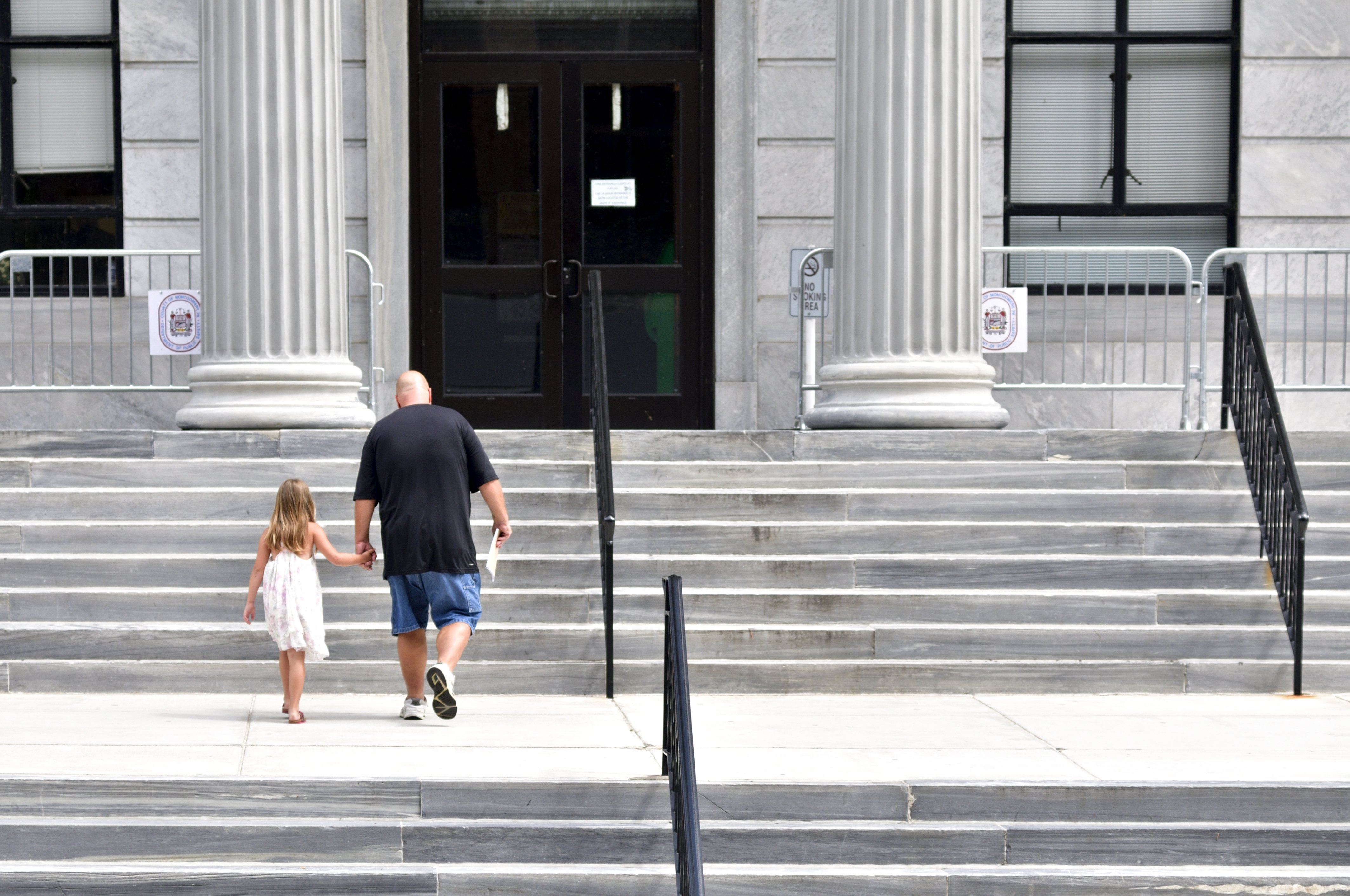
29 Oct Do Domestic Abusers Get To Have Child Custody?
Child custody cases can be complicated. When a judge needs to decide on a custody arrangement, she looks at a variety of details. One of those details is domestic abuse. If one parent has allegations of domestic abuse, then it could factor into the judge’s decision. However, domestic abusers can still get child custody. Find out how abuse factors into the equation.
What do domestic abuse allegations mean for child custody?
Once someone makes domestic abuse allegations against a partner, those allegations can follow that person around. This is especially true during child custody cases. Domestic abuse is a serious charge. If one partner accuses the other of abuse, it could mean that he is an unfit parent. As a result, the judge carefully considers the allegations of abuse. When the allegations involve violence towards a minor or in the presence of minors, the allegations become even more important.
Domestic abuse is a major problem in the US. Because of this, there are many child custody cases that involve domestic violence allegations. The court is finally starting to adapt to this unfortunate trend. Some states are rewriting the laws to make it harder for abusers to get custody of their children.
Making Presumptions
In an effort to combat domestic violence, some states now have domestic violence presumptions. In court, a judge or lawyer could presume that an abuser would commit future abuse that would harm a child. While you cannot usually make assumptions in court, the domestic violence presumptions make it possible to do so. The history of an abuser makes it likely that he will abuse and harm a child in his care. When a judge considers this, she may decide to award custody to the other parent.
Often, states with domestic violence presumptions result in very little or no access to a child. Meanwhile, the other parent usually gets full custody. This is an effort to protect the child from future violence.
It does not matter whether your court case is a divorce, grandparent access, or any other type of case A presumption of domestic violence will impact child custody. Although it may only impact visitation, it will have some type of impact. The presumption is enough to change the current status of your child arrangement.
Can domestic abusers still get custody?
Although presumptions do hurt domestic abusers, there is a way around them. It is possible to rebut a presumption. To do so, an abuser needs to show that he did things to change his pattern of violence. If a lawyer can show that he is not a threat to the child anymore, the court could come up with a more favorable custody agreement for the abuser. There are a few actions that can demonstrate to the court that there is no more threat:
- The completion of anger management
- Graduating a batterer’s treatment program
- Finishing a drug or alcohol treatment program
- Testing negatively for drugs and alcohol
- Showing that the parent with a history of violence is a better option for the child
In states without a domestic violence presumptions, it might still be necessary to do such actions for custody. Most judges consider the allegations of domestic violence very seriously. If you have a history of violence and want full or unlimited access in a custody case, your chances are slim. Even if the abuse occurred to the parent of your child, the court would hold it against you. Evidence shows that children who witness abuse are more likely to become abusers. To prevent this cycle, the courts avoid giving custody to an abuser.
False Allegations
At times, one parent will make false allegations against the other. In cases like this, the parents hope that the allegations will negatively affect their partner in the divorce or child custody case. The allegations often come in the form of a temporary restraining order due to domestic violence. If the accused parent does not defend himself in court, then the court could view him as a domestic abuser. During the court proceedings, he could face the same treatment as an abuser. In the end, this could mean the loss of custody.
Representation in Child Custody Cases
It is possible for domestic abusers to get child custody. However, there are many factors that can affect the custody arrangement. One of those factors is the child custody lawyer. If one parent has a lawyer with a strong strategy, she may be able to convince a judge to award custody the way that her client wants. For example, a great lawyer could prove that the person accused of domestic violence would be a better parent than the other. On the other hand, another lawyer could prove that the accused parent would be unfit for any type of custody arrangement. Although other factors matter, legal representation plays a big part in the outcome of custody cases.


Sorry, the comment form is closed at this time.